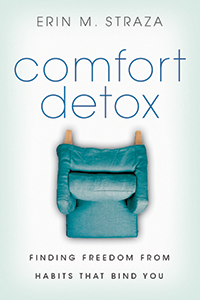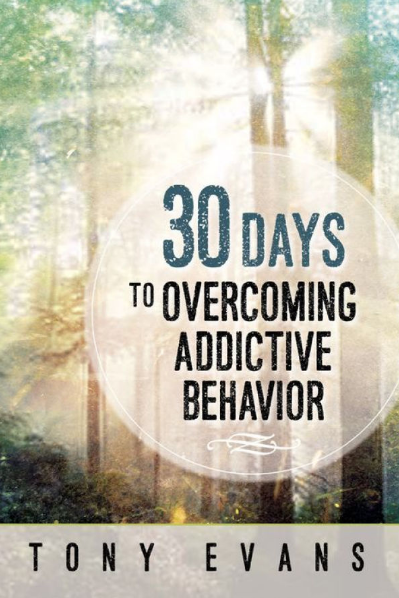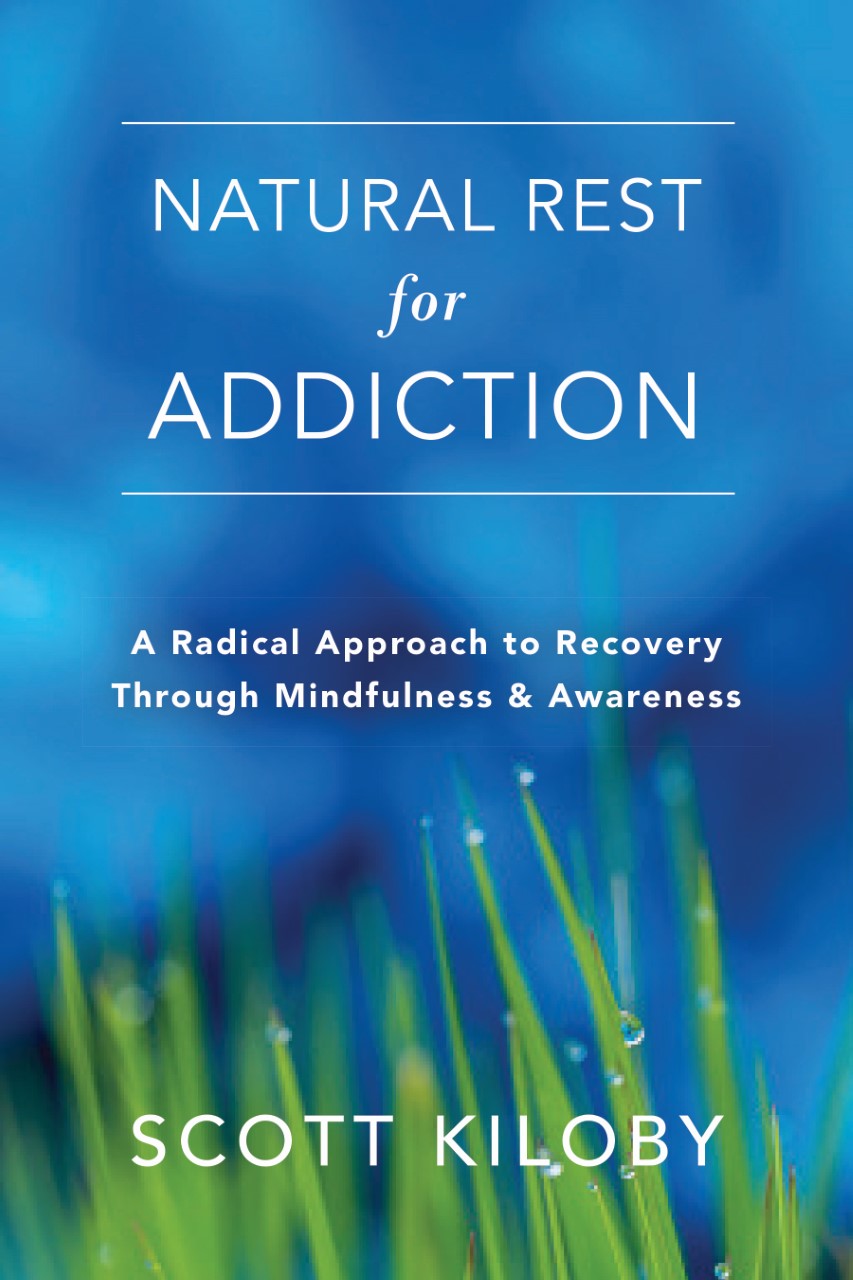Religion and spirituality publishers are examining the link between spiritual practices and addiction in three titles slated to publish this spring. Addressing a wide range of addictions, these books offer faith-based advice and techniques for healing and recovery.

Comfort Detox: Finding Freedom From Habits That Bind You
"For too long I have lived life on comfort mode, making choices for life engagement based on safety, ease, and convenience,” writes Straza, managing editor of the online magazine Christ and Pop Culture. In what she calls a battle against her addiction to comfort and routine, Straza cut ties with the unfulfilling easy route and not only began noticing the needs of those around her, but reaching out and helping them. The book features a “detox program” for ending complacency, instructing readers to instead follow Jesus’s example of living a life that serves others rather than the self.

30 Days to Overcoming Addictive Behavior
Evans, the chaplain of the Dallas Mavericks professional basketball team, addresses many forms of addiction in this handbook to changing addictive behaviors. Applying Bible passages to modern life, the book highlights eight areas that can initiate a change in mindset as well as a change in behavior, including faith, identity, self-esteem, and worry. “We often focus on behaviors instead of the root problems that cause the behaviors, but that does little good,” Evans writes. “In order to be set free from addictive behavior, you’ll need a new way of looking at yourself, God, others, and the things you do."

Natural Rest for Addiction: A Radical Approach to Recovery Through Mindfulness and Awareness
Co-founder of the Kiloby Center for Recovery in Rancho Mirage, Calif., Kiloby argues that freedom from addiction is available in the one place that is most difficult for an addict to be—the present moment. In this new edition of his originally self-published title, Kiloby builds a case for how recovery from substance abuse—and addictions of all kinds—can be found through the mindful practice of present-moment awareness, or “resting presence.” Since addiction indicates a craving for something outside of oneself, the book is aimed at helping readers acknowledge the root of those cravings through resting presence, lending a deeper understanding of the complex issues that trigger addictive behavior and how to overcome them.








